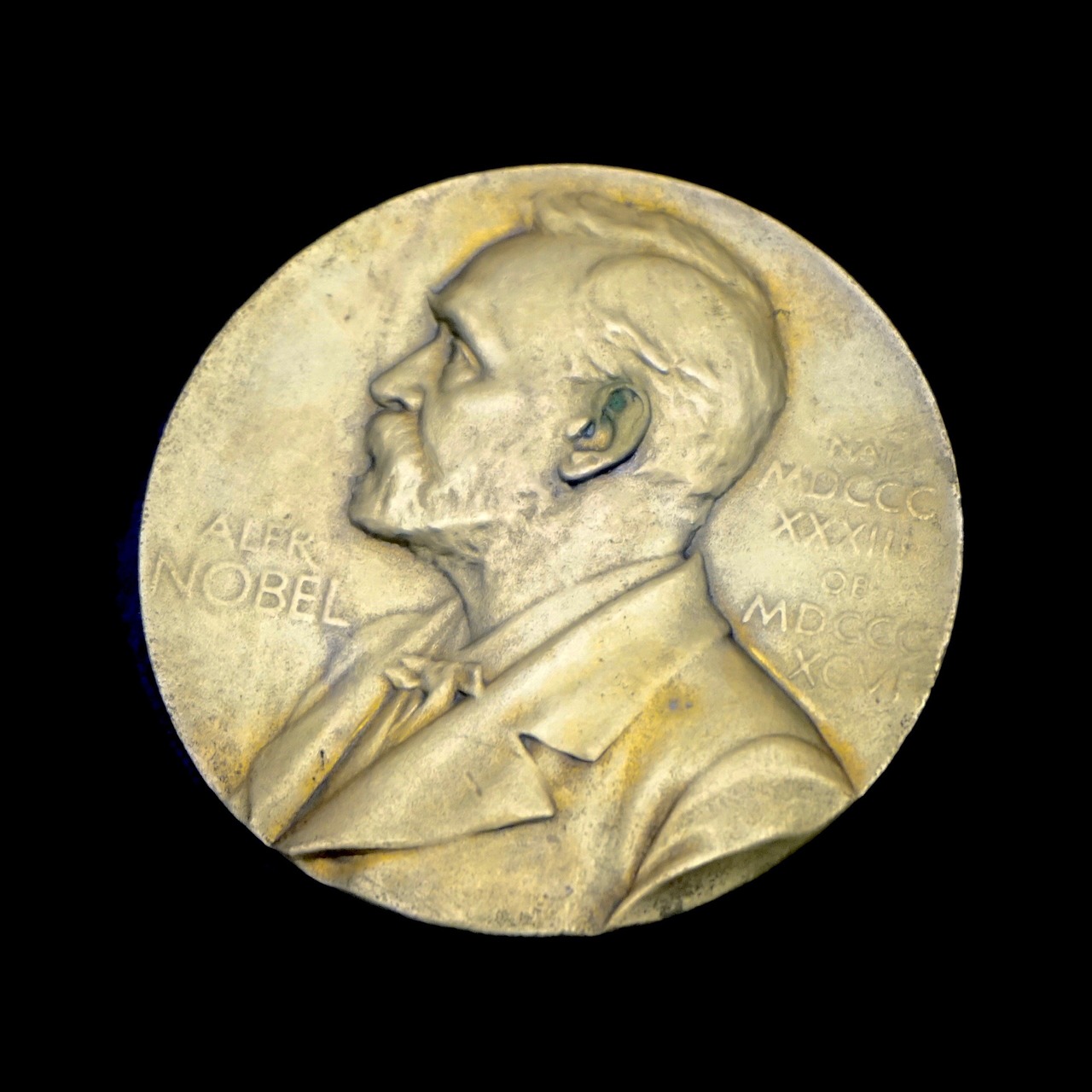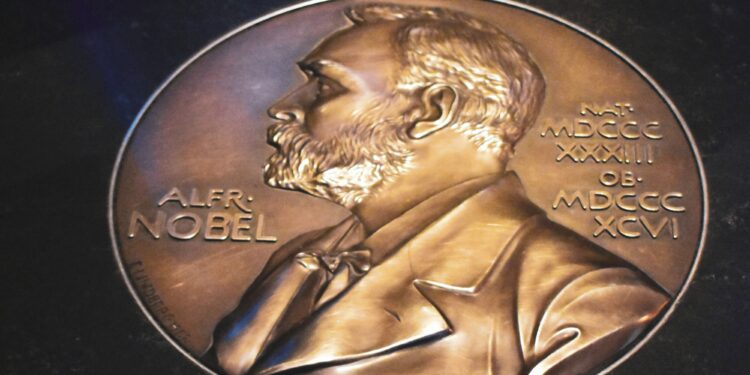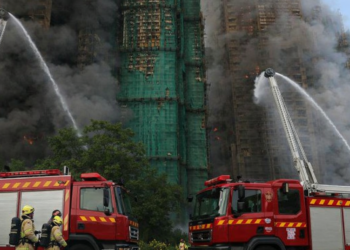Japan’s Nihon Hidankyo, a group representing survivors of the Hiroshima and Nagasaki atomic bombings, has been awarded the 2024 Nobel Peace Prize. This grassroots organization, founded by survivors—also known as “hibakusha”—has long fought to rid the world of nuclear weapons, despite being ignored by many global powers. The Norwegian Nobel Committee praised the group’s tireless efforts to ensure humanity never repeats the mistakes of 1945. Their message is clear: nuclear weapons must be abolished, not modernized or threatened.
What They Are saying
Toshiyuki Mimaki, co-chair of Nihon Hidankyo and a Hiroshima bombing survivor, couldn’t hide his shock and disbelief. “I can’t believe it’s real,” he said at a press conference, pinching his cheek. For someone who has dedicated his life to nuclear disarmament, the award symbolizes global recognition of a painful but necessary truth—nuclear weapons are a threat to humanity’s future.
Mimaki sees the award as a strong signal to the world, reinforcing the possibility of achieving both nuclear abolition and lasting peace. “This win will be a great force,” he said. “Nuclear weapons should absolutely be abolished.” The hibakusha, many still carrying visible scars and battling radiation-related illnesses decades later, have fought not only for their own dignity but also for a safer world. In a country where survivors faced discrimination after the war, their plight is a testament to the enduring pain of nuclear warfare.

As of March 2024, over 106,000 atomic bomb survivors remain in Japan, with an average age of 85.6. Their numbers are dwindling, but their voices remain potent reminders of the devastation caused by nuclear weapons. The award serves as a warning to nations that toy with the idea of using such weapons again.
The Norwegian Nobel Committee emphasized the need to uphold the global taboo against nuclear weapons, as tensions rise across the globe. Without directly naming any countries, Joergen Watne Frydnes, the Nobel Committee chair, highlighted the worrying trend of nuclear nations flexing their atomic muscles. “In a world full of conflicts, nuclear weapons are becoming more normalized. We wanted to reinforce the importance of the nuclear taboo,” Frydnes remarked, echoing growing concerns about nuclear escalation.
Why It Matters
The timing couldn’t be more critical. Russia’s President Vladimir Putin, with his ongoing war in Ukraine, has repeatedly hinted at nuclear consequences, reminding the West of Russia’s nuclear arsenal. Last month, Putin stated that Moscow could use nuclear weapons if hit with conventional missiles. He also indicated that any attack supported by a nuclear power would be treated as a joint strike.
North Korean leader Kim Jong Un has similarly ramped up rhetoric, declaring that his country would fast-track its nuclear weapon capabilities, going as far as refusing to rule out their use if North Korea comes under attack. Meanwhile, experts speculate that Iran could revive its nuclear ambitions amid rising tensions in the Middle East.
This backdrop of nuclear threats and modernization makes Nihon Hidankyo’s win all the more significant. Their victory isn’t just symbolic; it’s a direct message to nuclear-armed nations that the world must pay attention to the hibakusha’s painful stories. These are not abstract warnings, they are lived experiences, backed by the horrific consequences of atomic warfare. As Frydnes chillingly pointed out, “Nuclear war could mean the end of humanity, the end of our civilization.”
Bottom Line
In a world where nuclear weapons are still wielded as political tools, Nihon Hidankyo’s Nobel Peace Prize is a stark reminder that these weapons should never be used again, anywhere, by anyone. It’s time for humanity to choose peace over annihilation, or face the unthinkable consequences.

















